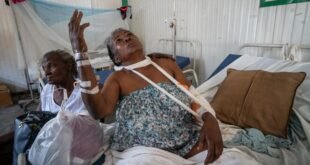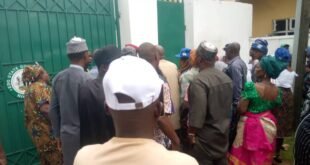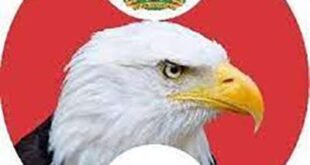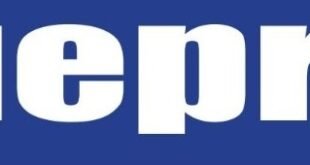Only in the first week of July, long queues at petrol stations in several states, including Lagos and the Federal Capital Territory, Abuja, resurfaced due to a ‘fuel shortage’. Several media outlets reported how motorists and residents were struggling to afford petrol at soaring prices.
At the beginning of the development, the cause of the shortage was unknown. Later, the Nigerian National Petroleum Corporation (NNPC Ltd) said logistical constraints and flooding were the causes of the fuel queues.
Minister of State for Petroleum Resources, Heineken Lokpobiri, further stated that the federal government was doing all it could to control the challenge; as petrol marketers attributed the shortage in the country to the supply challenges faced by the NNPC which imports almost all the petrol that comes into Nigeria.
While fuel shortages have been a recurring challenge for Nigeria, the crux of the problem is the country’s inability to refine its crude oil. Over time, crude oil has been exported to other countries for refining and reselling as gasoline, diesel or kerosene.
This action forces the Nigerian government to continue subsidizing the cost of imports, which is reflected at the gas station. In a report, Ripples Metrics examined how fuel costs have changed over time since 1999.
Another report shows that between December 2018 and December 2023, the average retail cost paid by consumers for Premium Motor Spirit (Gasoline) increased by 360.81 percent.
Meanwhile, until President Bola Tinubu took office as Nigeria’s president, fuel subsidies were lifted, but there were concerns that the government was secretly subsidizing the cost of imports.
This report examines the amount spent by the federal government on fuel subsidies.
READ ALSO:RipplesMetrics: Nigerian government allocates N3,566 for education of every child by 2024
According to SBMintel data, the federal government has adjusted gasoline prices 32 times in the past 40 years. However, despite this, the government has failed to eliminate subsidies.
Between 2008 and 2024, data from the Nigerian Extractive Industries Transparency Initiative shows that the Nigerian government spent a total of N30.27 trillion on fuel subsidies. These payments were approved under different governments.
Looking at government data, under the late President Musa Yaradua, fuel subsidy was spent at N1.78 trillion between 2008 and 2010. Between 2011 and 2014, under former President Goodluck Jonathan, the total spent was N6.01 trillion.
Under former president Muhammadu Buhari, who served for eight years, Nigeria spent a total of N7.04 trillion between 2015 and 2022. Meanwhile, between 2023 and May 31, 2024, N16.04 trillion was spent on subsidies.
If the data is examined further, it is seen that 2017 was the only year that Nigeria spent the least on fuel subsidy. This means that an average of N12.8 billion was spent every month in 2017, unlike other years.
From the data collected, N631 billion was spent in 2008, N469 billion in 2009, N667 billion in 2010, N2.11 trillion in 2011, N1.36 trillion in 2012, N1.33 trillion in 2013, N1.22 trillion in 2014, N654 billion in 2015, N240 billion in 2016, N154 billion in 2017 and N1.19 trillion in 2018.
In 2019, N508 billion was spent, in 2020, N864 billion was spent, in 2021, N1.43 trillion was spent, in 2022, N2 trillion was spent, in 2023, N3.60 trillion was spent, and in 2024, based on projections, N5.4 trillion was spent.
The data also shows that the amount spent on fuel subsidies has increased consecutively from 2019 to date.
By: James Odunayo
RipplesMetrics post… Fuel scarcity: How the Nigerian government has subsidized fuel costs for two decades appeared first on Latest Nigeria News | Top Stories from Ripples Nigeria.
 JamzNG Latest News, Gist, Entertainment in Nigeria
JamzNG Latest News, Gist, Entertainment in Nigeria









